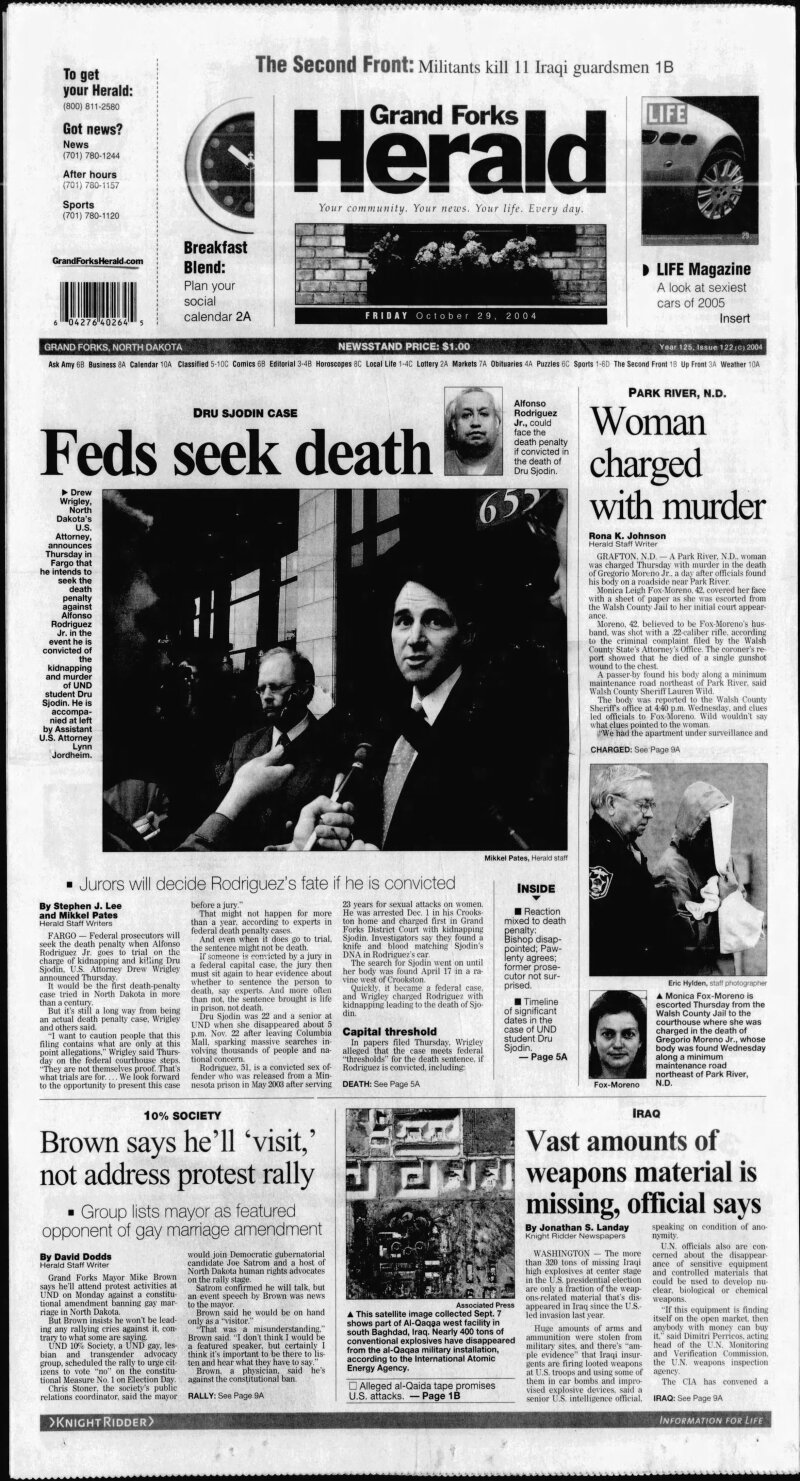On October 29, 2004, sugar beet farmers from the Red River Valley made headlines by investing approximately $1 million in congressional races. Their primary goal is to challenge the U.S. Central American Free Trade Agreement, which they believe would adversely affect their industry. This significant financial commitment reflects the farmers’ determination to influence political outcomes relevant to their livelihoods.
Investment Breakdown and Political Strategy
According to the Federal Election Commission, around $856,000 of the contributions originated from the 3,000 farmers who own the Moorhead-based American Crystal Sugar Co., along with contributions from the company’s employees. This political action committee (PAC) has emerged as the largest industry PAC contributor in Minnesota for the current election cycle, as noted by the Center for Responsive Politics, a nonpartisan watchdog organization.
Additionally, the Wahpeton, North Dakota-based Minn-Dak Farmers Cooperative saw about $231,000 in donations from its 500 grower-shareholders. The cooperative’s contributions have targeted candidates across various states, supporting both incumbents and challengers from both major political parties.
Kevin Price, the director of governmental affairs for American Crystal Sugar, highlighted the cooperative’s strategy of broad support. He stated that shareholders have contributed to candidates in both sugar and non-sugar states, reflecting a concerted effort to build coalitions in Congress to oppose the trade agreement.
Election Climate and Challenges
As the election approached, voters across the country prepared for a potentially contentious outcome. The U.S. Justice Department announced the deployment of 1,090 federal poll watchers to monitor elections across 25 states. This initiative aimed to ensure fair voting practices amid rising tensions over voter registration issues.
In Florida, Republican officials prepared for challenges to voter registrations, claiming discrepancies in the lists of eligible voters. This strategy, however, has drawn criticism from Democrats, who have labeled it as an attempt to obstruct the voting process.
Additionally, on October 28, 2004, the ACLU of Minnesota and various American Indian groups filed a petition in U.S. District Court. They argued that Secretary of State Mary Kiffmeyer had instituted overly strict requirements for first-time voters, which could disenfranchise many eligible citizens.
This combination of financial investment by farmers and the broader electoral climate underscores the complexities and challenges facing voters and candidates alike in the lead-up to the election.
